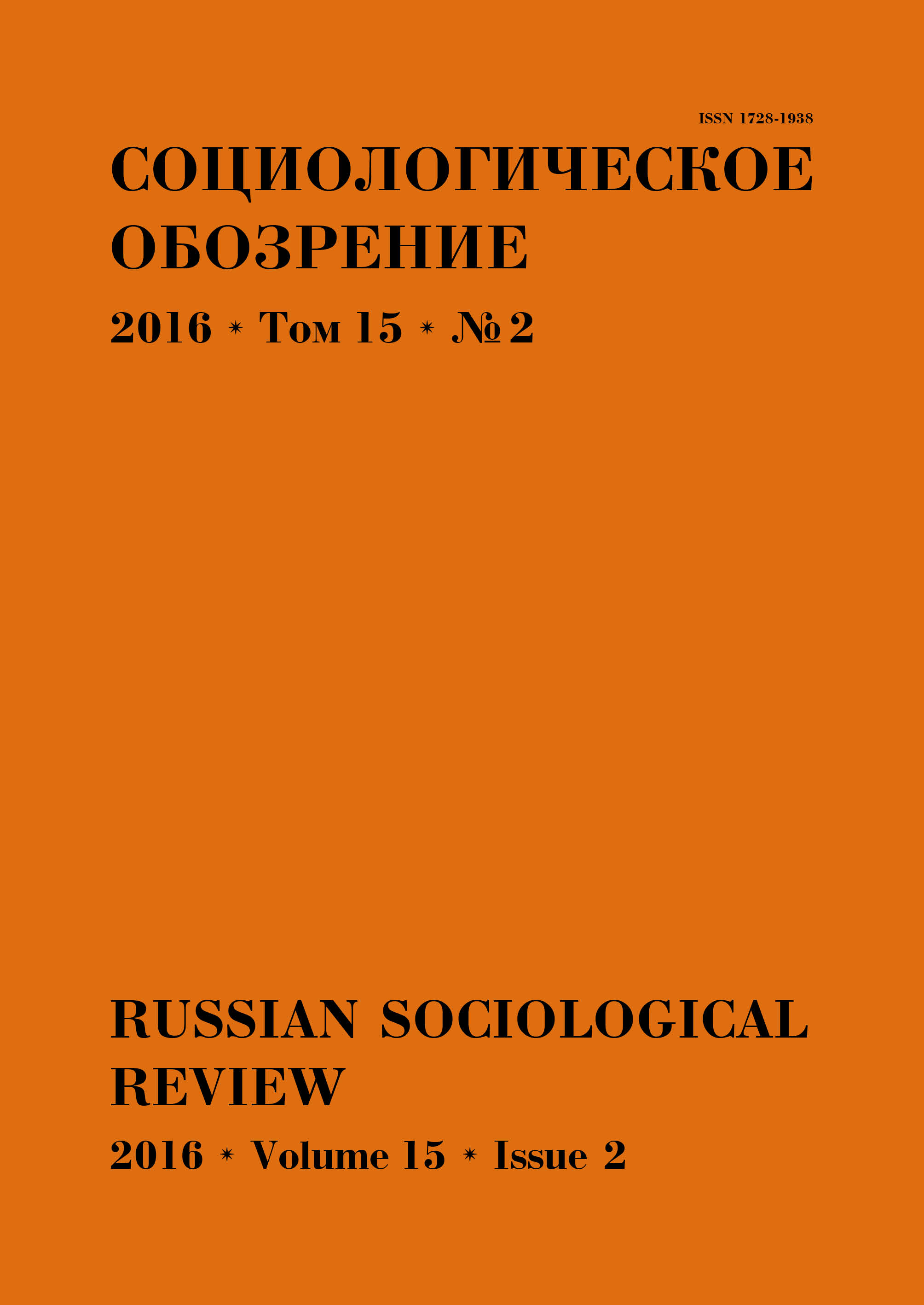Abstract
Modern technological development runs parallel with new social phenomena, which are often hard to describe because of the lack of theoretical resources even when an empirical, experimental observation base and sophisticated and reliable methods for obtaining data are available. Recently, researchers’ attention has been particularly attracted to the phenomena that are referred to in political and philosophical literature as “the multitude”, i.e., large entities which cannot be adequately described by the usual terms of “group”, “mass”, or just “crowd”. The dispersal of multitudes, a coordination originating beyond the verbal means of communication (unintended coordination), the phenomena of physical coherence at the level of anticipation of expressions and activities of the partner, and more, are found, in part, for the first time, and partially find evidence by means of a visual sociology. Visual sociology is already a differentiated school of thought with the empirical research practice of using visual materials (photos and video, mostly) as data. The need to rethink the research ideology of visual sociology and to develop the narrative means which enables the making of this research more productive appears to be all the more urgent. The complementary modus of narratology and visual sociology is not only a promising research perspective, but also a particular problem at the level of methodology which is considered in this article (as well as different approaches to its formulation). Among the theoretical interpretations of this problem, the “theory of non-representation” is specifically considered, and methodological issues are analyzed in the context of the experiment.Downloads
Download data is not yet available.
